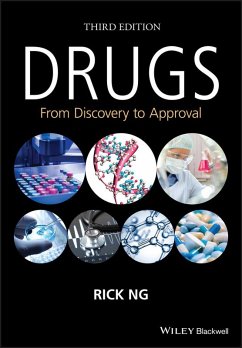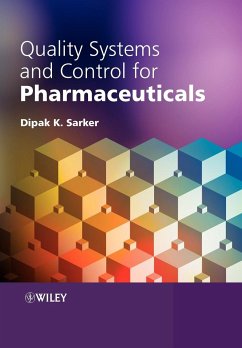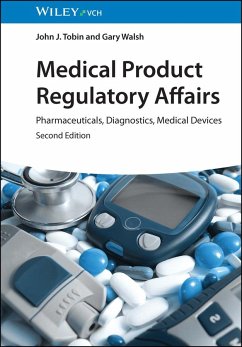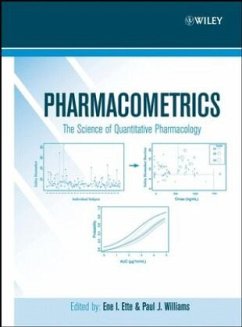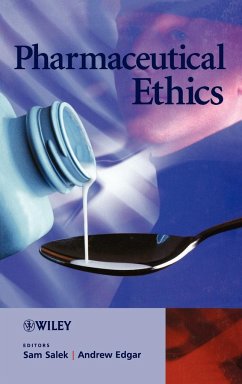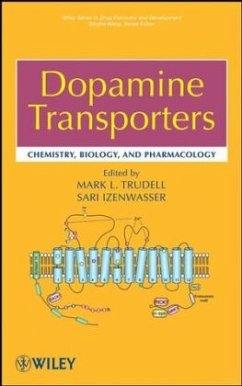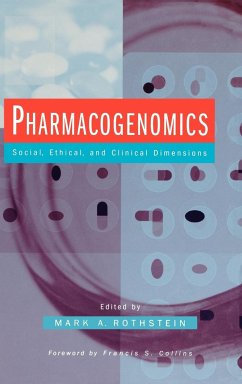
Medicines from Animal Cell Culture

PAYBACK Punkte
193 °P sammeln!
Covering the full spectrum of production, analyis and application, Medicines from Animal Cell Cultures:
* Includes easy-to-follow, step-by-step protocols, with troubleshooting tips
* Supplements main procedures with alternative procedures, background information and references
* Offers experimental examples to indicate expected results
* Covers regulatory issues from the UK, the EU and the USA
The title is invaluable to researchers and technicians at all levels using cell culture within pharmaceutical, biotechnology and biomedical industries.
* Includes easy-to-follow, step-by-step protocols, with troubleshooting tips
* Supplements main procedures with alternative procedures, background information and references
* Offers experimental examples to indicate expected results
* Covers regulatory issues from the UK, the EU and the USA
The title is invaluable to researchers and technicians at all levels using cell culture within pharmaceutical, biotechnology and biomedical industries.
The manufacture of medicines is an area of increasingly complex science and technology. As more diverse products are developed for the treatment of human disease, many of these cannot be made by chemical synthesis. Thus, cells of both prokaryotic and eukaryotic origin have been recruited to manufacturing processes to provide the biochemical machinery for the synthesis of natural and structurally complex molecules. This book focuses on animal cell culture, which has been used to produce human and veterinary vaccines, interferon, monoclonal antibodies and genetically engineered products such as tPA and erythropoietin. It also addresses the recent dramatic expansion in cell-based therapies, including the use of live cells for tissue regeneration. Stem cells in particular hold significant promise for future therapies and a chapter is dedicated to this topic.
The book comprehensively describes the fundamentals of cell nutrition, culture, preservation and characterisation, as well as the technology and issues surrounding the production and characterisation of cell-based products. It also deals with new applications of human cells as vaccines and therapies. The regulatory framework surrounding these new applications and biological medicines in general is addressed with reference to the developing situation around the world. Standardisation and validation are key issues in all aspects of drug development: the book addresses these and includes chapters on both GLP and GMP for cell culture processes.
This book is written for a wide audience to provide insight into the exciting world of biological medicines and directions for further investigation into specific topics. It will be of value to researchers and technicians at all levels using cell culture within the pharmaceutical, biotechnology and biomedical industries.
The book comprehensively describes the fundamentals of cell nutrition, culture, preservation and characterisation, as well as the technology and issues surrounding the production and characterisation of cell-based products. It also deals with new applications of human cells as vaccines and therapies. The regulatory framework surrounding these new applications and biological medicines in general is addressed with reference to the developing situation around the world. Standardisation and validation are key issues in all aspects of drug development: the book addresses these and includes chapters on both GLP and GMP for cell culture processes.
This book is written for a wide audience to provide insight into the exciting world of biological medicines and directions for further investigation into specific topics. It will be of value to researchers and technicians at all levels using cell culture within the pharmaceutical, biotechnology and biomedical industries.



